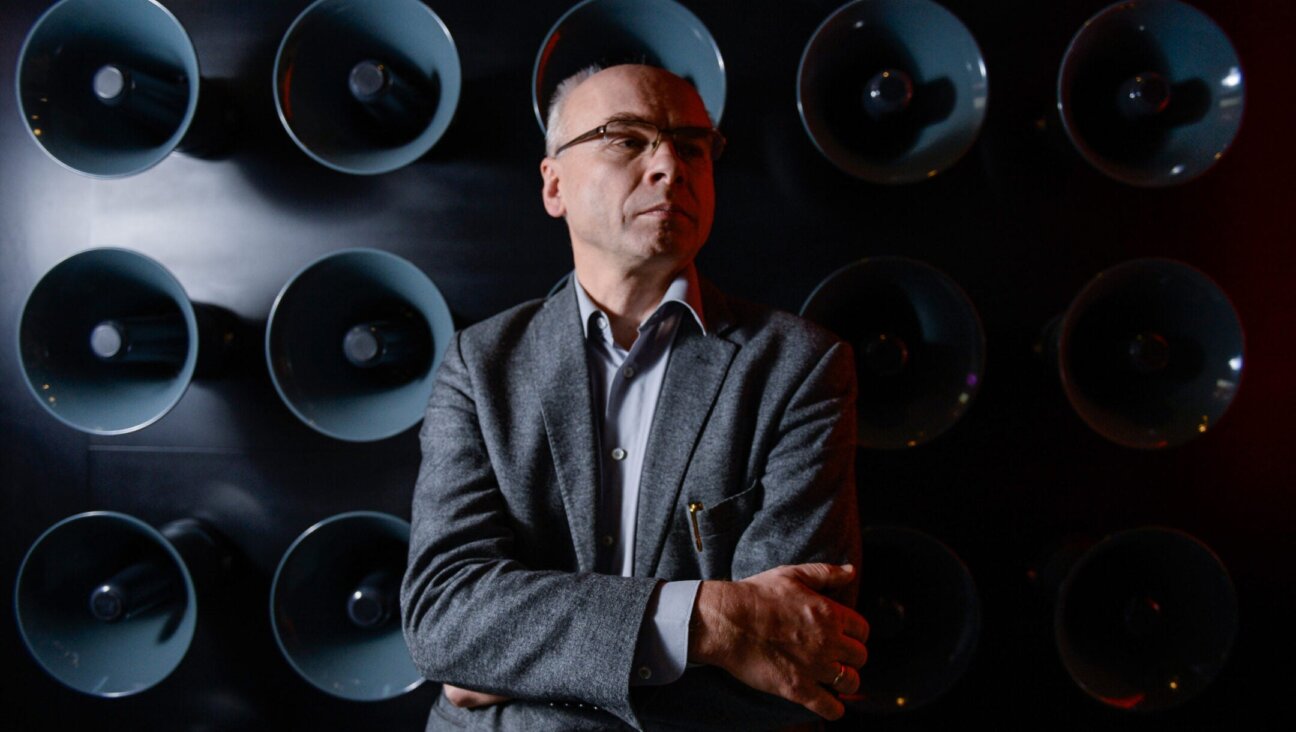Rachel Kushner Wrote About Jerusalem Refugee Camp For NYT Mag — Here’s What Happened Behind the Scenes

Image by Ahmad Gharabli/Getty Images
Last week, novelist Rachel Kushner published an essay called “We Are Orphans Here: Life and death in East Jerusalem’s Palestinian refugee camp,” recounting her time in the Shuafat Refugee Camp, in The New York Times Magazine. The essay details Kushner’s experience in Shuafat with a local Palestinian community organizer named Baha Nababta as her guide. Threaded through with an honest exploration of Kushner’s difficulty representing the camp as a privileged outsider, the piece ends tragically: 15 days after she leaves the camp, Nababta is murdered, widowing his pregnant wife and robbing his two young daughters of a father.
As a supplement to the piece, the Times Insider published excerpts of Susan Lehman’s interview with Kushner about the experience of crafting the essay and Shuafat’s lasting impact on her. Here are the 3 most interesting things we learned from the piece.
1) She went to Shuafat because of an invitation from Michael Chabon and Ayelet Waldman
Kushner hadn’t spend much time thinking about Israel, she explained to Lehman, until Chabon and Waldman invited her to write an essay for an anthology they’re assembling on the West Bank.
“Each writer was asked to choose an area of focus,” she said. “I immediately wondered, is there a refugee camp inside Israel? Yes, in fact, there was exactly one camp — Shuafat.”
2) This is her first work of journalism
“I’m not the seasoned journalist in a flak jacket — I was not looking for war and violence — but that is what I got,” Kushner told Lehman. “This isn’t to say I would not someday write another journalistic piece, but I have only this one experience as a basis for comparison.”
3) Her essay wasn’t originally supposed to focus on Nababta
Kushner had contemplated publishing her essay in The New York Times Magazine before traveling to Shuafat, she explained, after receiving an inquiry from one of the outlet’s editors. Once the trip was done, she changed her mind — “I didn’t want to wade into the waters of a fraught subject in such a highly visible way,” she said — until Nababta was killed.
“After Baha was killed, it seemed like the piece should be about him, and that it would be important for more people to know about the work he did, the contribution he made,” she said.

















